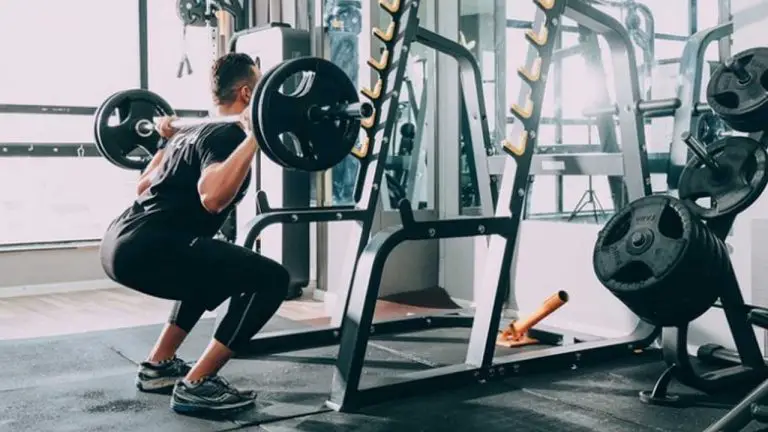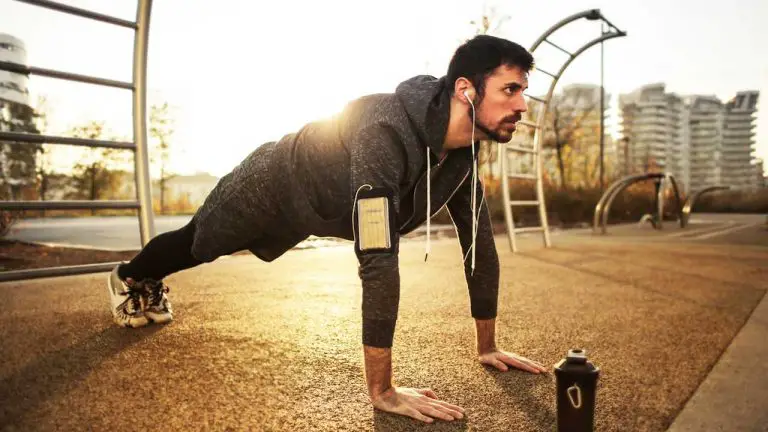How Long Should You Workout for?
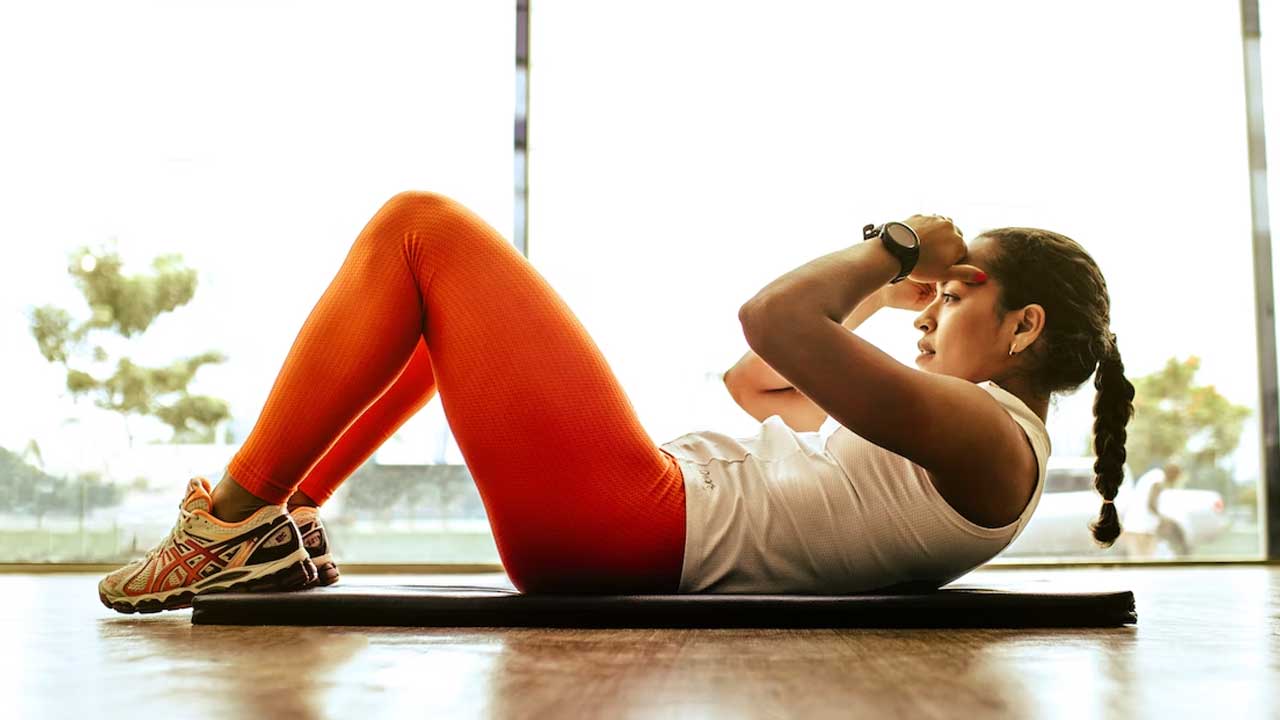
ListedFit is reader-supported. When you buy through links on our site, we may earn a small commission.
New Year, New You, right? If you’re like most people that resolution probably involves getting fitter, faster and stronger in the gym. And while simply working out more is a good place to start, to get fitter, faster and stronger you need an effective workout plan.
The question is: How long should your workouts be? We all have time constraints with busy work or school schedules and family obligations. But that doesn’t mean you can’t find time to sneak in a quick HIIT (high-intensity interval training) session or hit the weights for a strength-training circuit.
The trick is finding the sweet spot of how long you should work out for so you see results without taking up too much of your precious free time.
Table of Contents
- How Long Should You Workout For? What is the optimal duration?
- What Is the Best Time to Workout?
- How Long Should Weight Training Be?
- How long should cardio be?
- How long should stretching and mobility be?
- Final Words
How Long Should You Workout For? What is the optimal duration?
What is the optimal duration of a workout? Well, as you’ll see below, it depends on what you’re training for and your fitness level.
Generally speaking, most workout regimens last anywhere between 30-90 minutes. For beginners, shorter workouts (30-45 minutes) are advised to avoid injury and/or overtraining, especially if you’re lifting heavy weights. This gives the body time to recover and adapt to the new stimulus.
As you get stronger and fitter, you can add more volume to your workouts and increase the duration of your workouts to up to an hour or more without putting yourself at risk for injury.
What Is the Best Time to Workout?
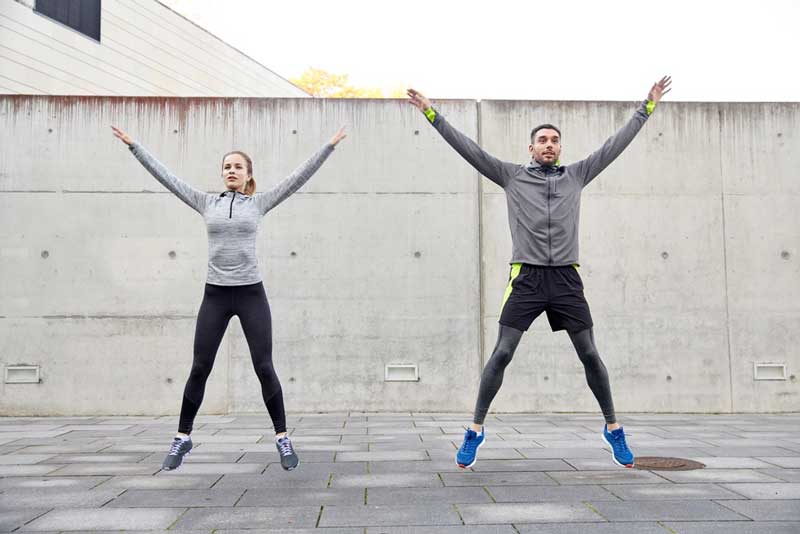
Simply put, he best time to workout is whenever works best for you.
While the best time to workout may be different for everyone, many health and fitness experts say that morning workouts are the best option — especially for busy people who have limited time to exercise.
Morning workouts help you to wake you up and get your blood flowing. This can help you to feel more alert and energized throughout the day. Exercise releases endorphins, which can improve your mood and help to reduce stress which is another reason why a lot of people see more benefits from workout in the morning.
But ultimately, workout at whatever time of day suits you best. It’s better to go and have a workout than no workout at all.
How Long Should Weight Training Be?
There is no one-size-fits-all answer to this question, as the ideal length of a weight training session depends on a number of factors, including your goals, your schedule, and your level of fitness.
However, a general guideline is that a weight training session should last for 30-60 minutes. If you’re just starting out, you may want to start with shorter sessions and gradually increase the length as you get more comfortable. And if you’re short on time, you can always focus on quality over quantity by doing a few sets of high-intensity exercises. The important thing is to find a length that works for you and that you can stick to on a regular basis.
Generally, you want to keep your rest periods between 30-60 seconds so you don’t lose momentum and let your heart rate return to normal. That also means not spending 10 minutes between sets because you’re refreshing your Instagram feed!
While 2-3 sets is the general given number of sets per exercise, this shouldnt be used for every exercise. One-set workouts or training to failure for example are effective for many and people who would like to increase strength but don’t have a lot of time.
There are of course a multitude of different set and rep ranges that can be beneficial depending on what your goals are.
How long should cardio be?
How long should cardio be? The optimal duration of a cardio session depends on your fitness level and goals.
For beginners, an efficient cardio session can be anywhere between 10-20 minutes. As you get fitter, you can increase the duration to 35-45 minutes at the most.
If you’re training to increase endurance, you want your heart rate to remain above 85 percent of its maximum for 20-60 minutes. If you want to shed fat, you want your heart rate to remain below 60 percent.
How long should stretching and mobility be?
How long should stretching and mobility be? Stretching is meant to increase flexibility and reduce injury, not be a long and drawn-out process.
Some people stretch for over two minutes and wonder why they don’t see any gains from it. Generally, you want to hold each stretch for at least 30 seconds. If you’re stretching multiple muscles in one session, 10-30 seconds for each muscle is enough. And as for mobility, you want to perform each movement for 30 seconds and focus on both the upper and lower body.
Final Words
If you want to get fitter, faster and stronger, you need an effective workout plan. As you’ve seen above, it all comes down to structure vs simply how long you workout for.
When it comes to workouts, a lot of the time, less is sometimes more.
Author
-
I’m a mother, yoga instructor, runner, and blogger. Originally from South Africa, I’ve been a yoga instructor for over ten years.
I share my time between raising a very boisterous toddler (the love of my life) and teaching small yoga classes, but more importantly, loving every second of it!
Latest entries
 FashionMay 26, 2023Does Lululemon Run Big or Small? A Quick Sizing Guide
FashionMay 26, 2023Does Lululemon Run Big or Small? A Quick Sizing Guide FitnessMarch 9, 2023Can Pickles Help You Lose Weight?
FitnessMarch 9, 2023Can Pickles Help You Lose Weight?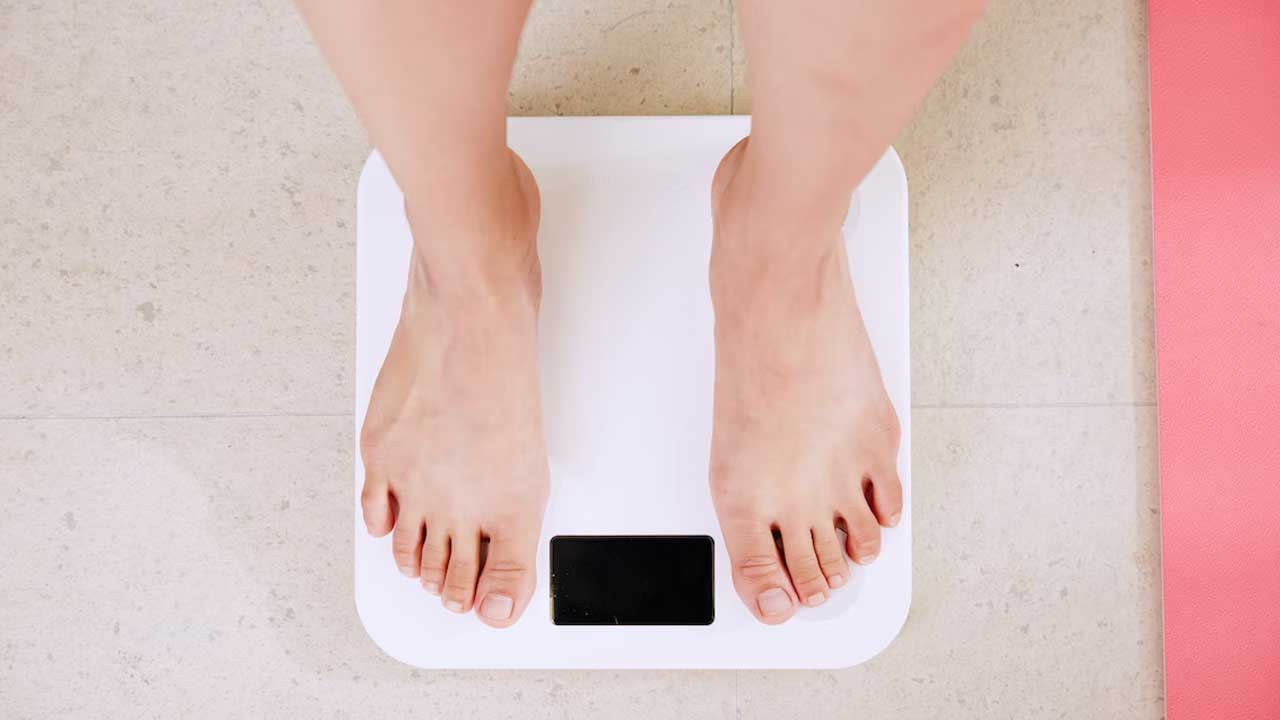 FitnessDecember 8, 2022Why Am I Not Losing Weight When I Exercise?
FitnessDecember 8, 2022Why Am I Not Losing Weight When I Exercise? FitnessNovember 25, 2022Tai Chi for Exercise- The Benefits of An Ancient Exercise
FitnessNovember 25, 2022Tai Chi for Exercise- The Benefits of An Ancient Exercise
Affiliates:
This post may contain affiliate links that at no additional cost to you, the site may earn a small commission. We only recommend products we would use ourselves and all opinions expressed on this site are our own.
General Advice:
The information provided in this article is for general informational purposes only. It is not intended as a substitute for professional advice. Always consult with a qualified healthcare professional before starting any new diet, exercise program, or making changes to your health routine.
Accuracy Advice:
While we strive to provide up-to-date and accurate information, the content in this article may not reflect the most current research or medical guidelines. We encourage readers to do further research and consult with professionals for more personalized advice.
Our Recommendations:
The products and services mentioned in any of our articles are recommended based on our independent research and personal experience. We are not sponsored by any company. We aim to suggest products and services we believe are of high quality and could be beneficial to our readers.


